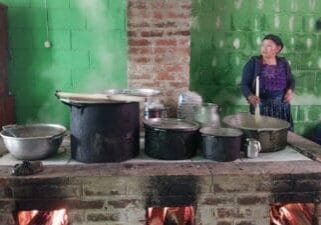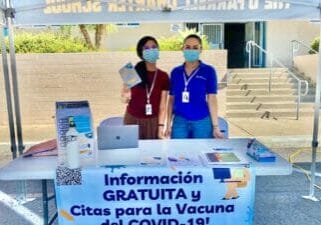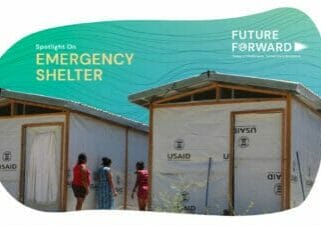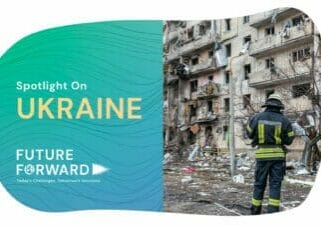News > Blog
Q&A with Arwa Alkhawaja, COVID Outreach Specialist in San Diego
Published 05/10/2022 by Global Communities
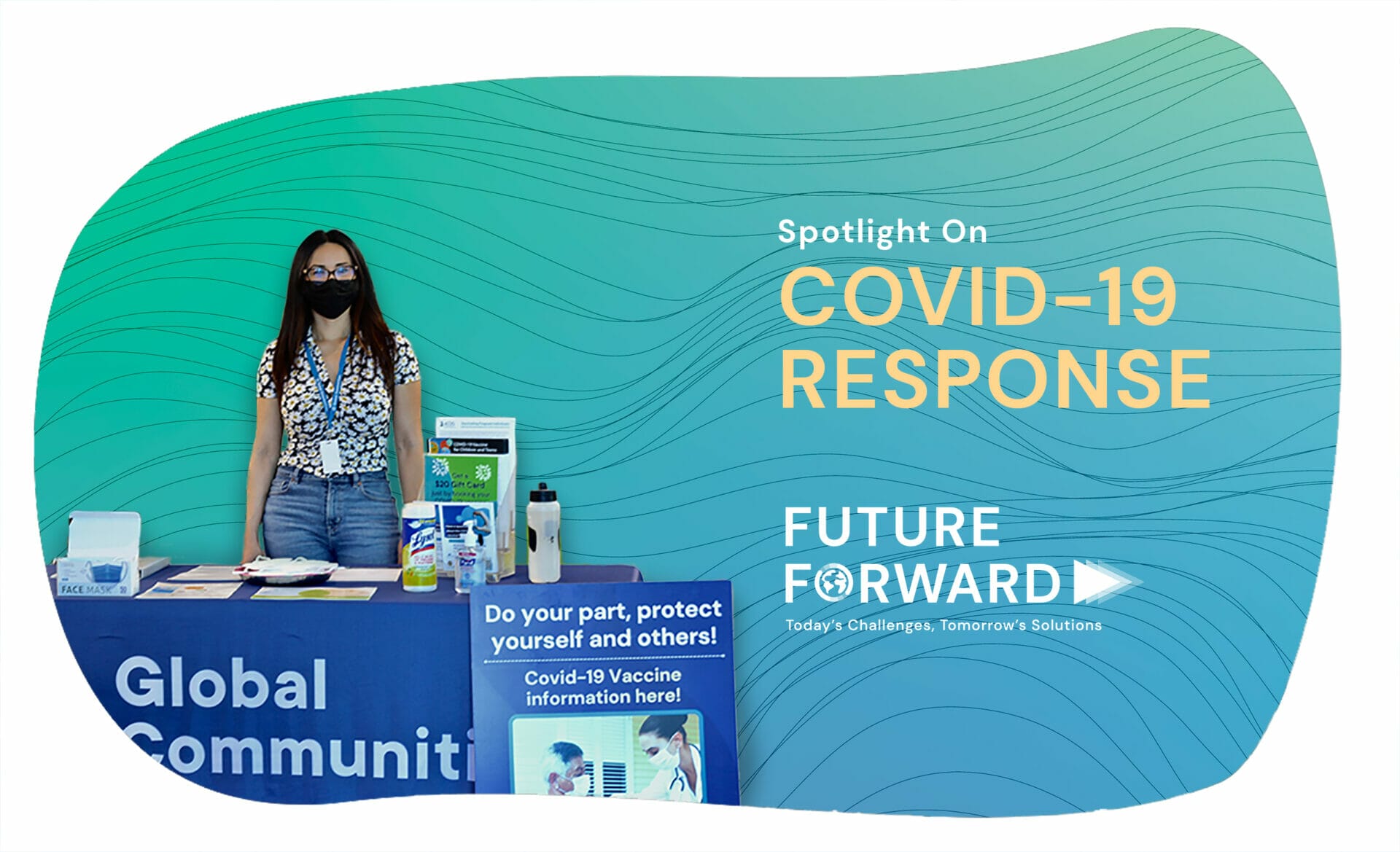
By Natalia López-Thismón
When the COVID-19 pandemic began in 2020, Global Communities (then operating as PCI) moved quickly to collaborate with the County of San Diego Health and Human Services Agency to prevent the spread of COVID-19 to the community through contact tracing. Since then, our programming has shifted into education and vaccine outreach as new needs and questions arise.
Through this work, Global Communities has been connecting residents to valuable resources such as free testing sites or walk-up vaccination events where no appointment is needed. Community members have also been directed to resources they might not have been aware of such as the Child Tax Credit, Earned Income Tax credit, food pantries and diaper distribution.
Arwa Alkhawaja, who has been part of our COVID Response team in San Diego since the beginning, talks about the challenges of this ever-evolving public health issue and the vital role of community-centered outreach.
This interview has been edited for length and clarity.
Global Communities in San Diego (formerly operating as PCI) started its COVID-19 response work by doing contact tracing. What did that work entail, and what stands out as a highlight of that program?
As the COVID Response team in San Diego, we started as contact tracers; that meant we had to call individuals as soon as possible to let them know that they had been exposed to someone who tested positive for COVID-19. That required us having a lot of patience and a lot of empathy, in addition to having the most updated information about quarantine and safety guidelines.
These calls were not always easy, especially at the beginning of the pandemic, where there were a lot of ambiguities and unknowns. Imagine having to hear that you have been exposed to a very serious virus, and in addition to that, you now must deal with a financial burden due to quarantine rules.
Most of the time, we as contact tracers acted as counselors. One woman started to cry at the end of one of our calls and said: “Thank you so much for listening to me and for providing me with the right information. I thought being exposed is like a death sentence for me, but now I know there’s hope.”
When I called this woman at the end of her quarantine period to check on her, she was so happy to be okay and safe. That was the highlight of that part of our work. It was helping in saving lives.

We’ve since moved on to vaccine education and outreach in San Diego. What does our current work entail and who are we partnering with to reach our goals?
Vaccine education and community outreach means that we contact community members and organizations to encourage people to get their COVID-19 vaccines and the booster to become up to date.
Our goal is to ultimately make our community as safe as possible from COVID-19 and make it safer to include individuals who want to take the vaccine but cannot due to health conditions. That means providing eligible people with facts about the vaccine’s safety, side effects, effectiveness, variants, cost and availability. We help people to book appointments and provide them with transportation to receive their immunizations.
We have encountered some challenges, but the biggest of all was having to deal with myths about vaccines. To combat that, we worked on gaining the trust of people and then provided education. We managed to overcome the challenge of gaining people’s trust by honoring and respecting their concerns. We let them know that we have a common purpose, which is the safety of ourselves, our families and our communities. In addition to that, we organized COVID-19 educational webinars by trusted community leaders amongst the targeted community.
What communities are we serving with our current response and what impact are we having there?
We are trying to reach out to as many people as we can, but we try to focus more on school-age students five years and older; underserved communities such as refugees, local Spanish-, Arabic- and Tagalog-speaking communities; seniors; and people who do not have access to the internet, making it hard for them to access websites where they can book their vaccine appointments.
What would you say makes our approach to COVID vaccination education and outreach unique?
We have a very dedicated team who can speak a variety of languages. Our culturally sensitive approach helps people realize that we are here for them. This is helping us gain their trust, which is leading to their acceptance of either taking the vaccine or at least considering taking it as soon as they feel comfortable with it.
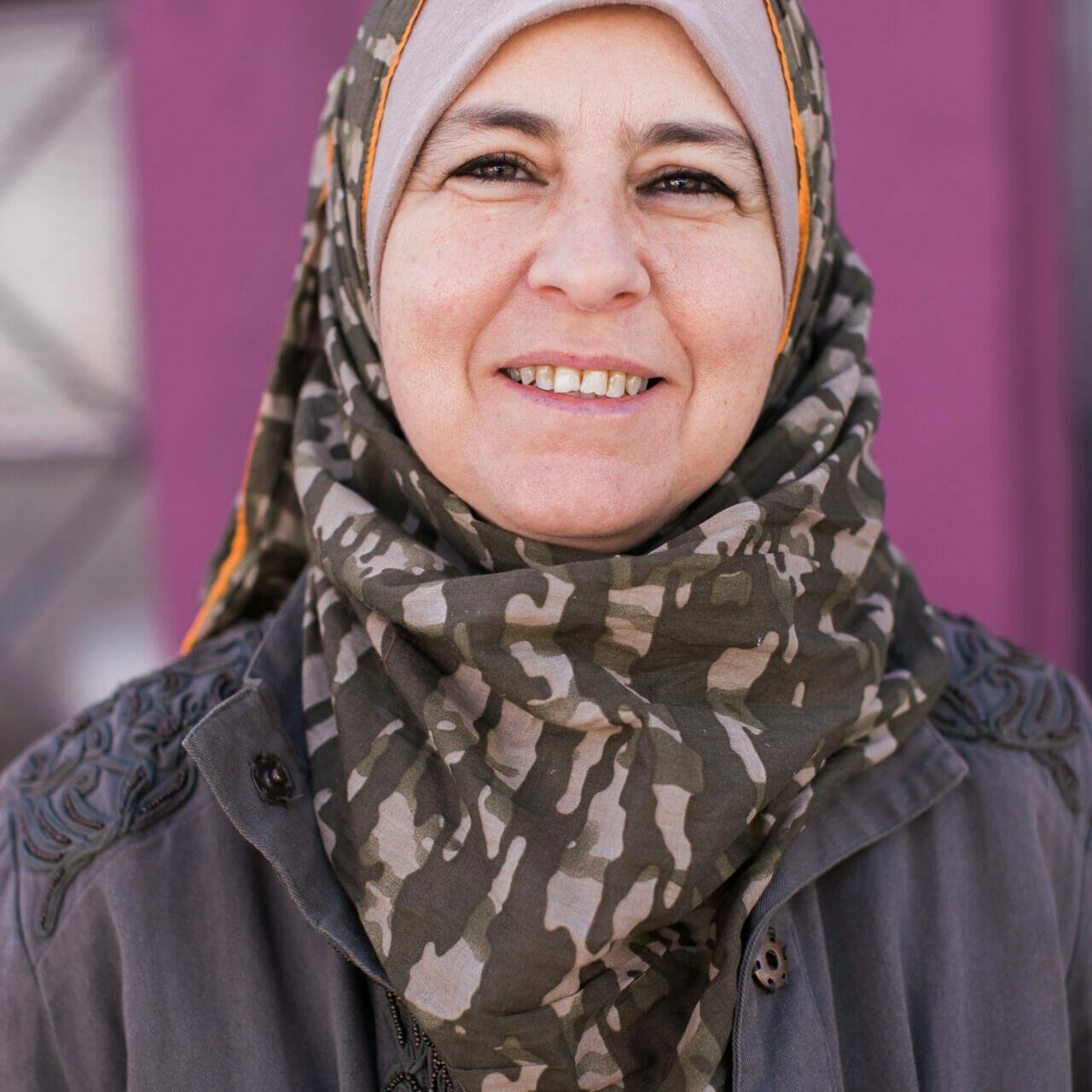
In what ways is this program advancing equity in San Diego?
A lot of people consider COVID-19 vaccine equity to be when everyone has fair and just access to COVID-19 vaccination, and that is true, but this is limiting to the broader meaning of vaccine equity. We must remember that there are many social, cultural and political backgrounds that lead to lack of trust in the vaccine and the health system, which may cause people to reject the vaccine when it is offered to them.
It is essential to understand where people are and meet them there to cater to their needs. That is what we are working hard to do. We are reaching out to trusted community leaders and influencers, so they can support us in providing facts vs. myths before we organize mobile vaccine clinics at community centers, mosques and other places where community members are comfortable going.
This content is part of Future Forward, a thought leadership and storytelling series on how Global Communities is driving change to save lives, advance equity and secure strong futures. To learn more, visit globalcommunities.org/futureforward.

